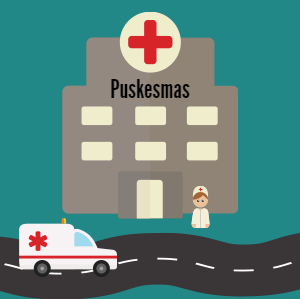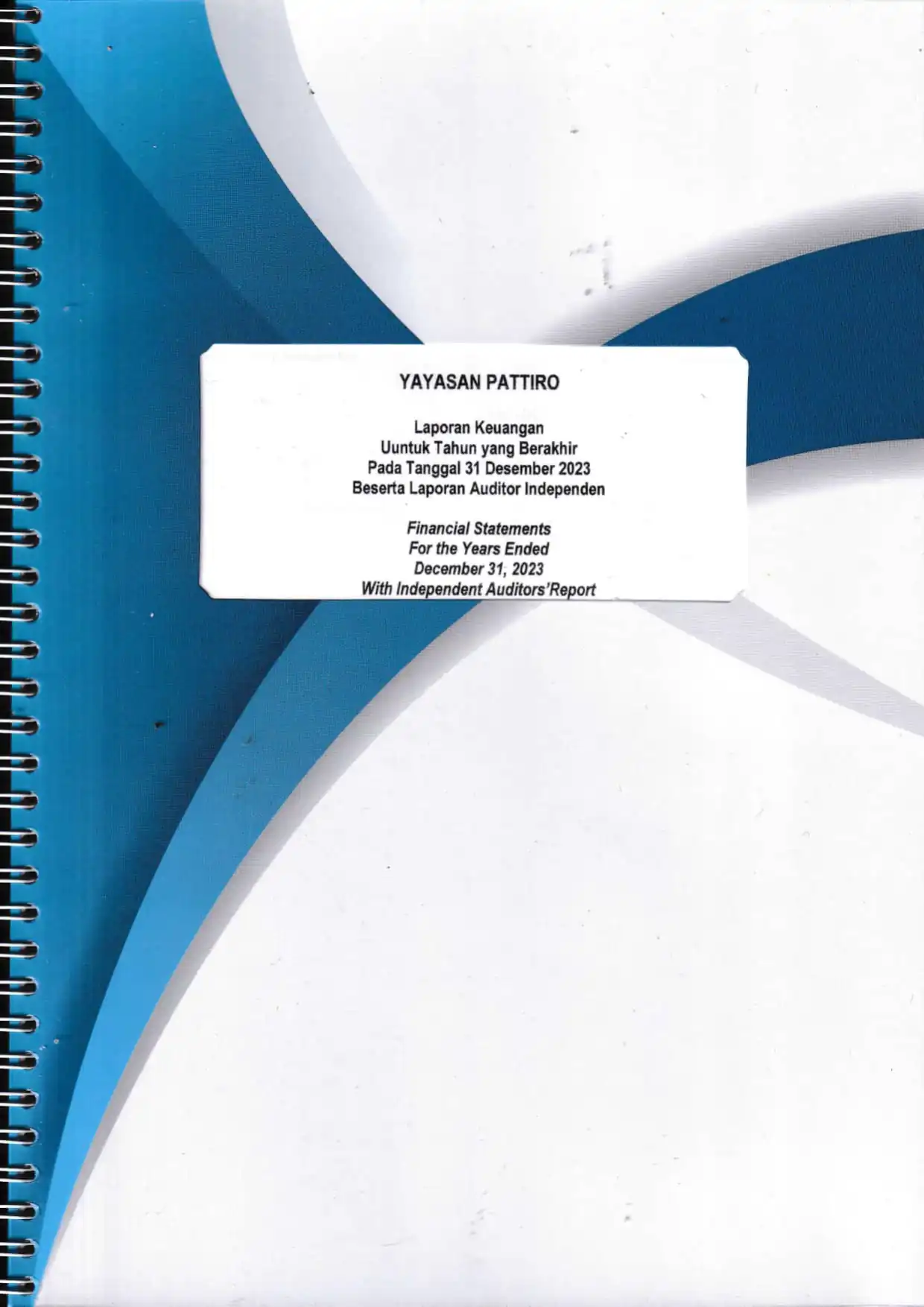 By Nurjanah*
By Nurjanah*
“Cek Puskesmasku”, this Community Health Center (Puskesmas) service access testing activity is now starting to be known by many disabled groups in West Lombok Regency, West Nusa Tenggara Province, especially by those who live in Labuapi District and Lingsar District. The Check My Puskesmas activity was held involving several individuals or groups with disabilities. In carrying out this activity, friends with disabilities were asked to check the puskesmas services using a simple survey instrument called a monitoring card. This access testing activity was carried out in four health centers, 2 health centers in Labuapi District, namely Parampuan Health Center and Labuapi Health Center, as well as 2 other health centers in Lingsar District, namely Sigerongan Health Center and Lingsar Health Center.
Why was the community health center service the object chosen? Article 34 paragraph (3) of the 1945 Constitution states that the state is responsible for providing adequate health service facilities and public service facilities. As a health service provider unit, Puskesmas is required to always improve the quality of its employees’ performance and improve its health facilities in order to provide satisfaction to the community. Moreover, increasingly fierce competition between health service providers and increasingly selective public attitudes in choosing health facilities, as well as increasing public knowledge about health, require community health centers to always improve the quality of their services.
Unfortunately, so far the health services provided by Community Health Centers have not been able to accommodate the needs of people with disabilities, such as the lack of special road facilities for wheelchair users and facilities such as special symbols to make it easier for deaf people to obtain information. For this reason, PATTIRO feels that testing access to community health centers is very necessary. Apart from that, the Check My Health Center activity can also be used as a means of community monitoring of the health service units provided by the government. Community participation, especially the involvement of disabled people in demanding their rights as citizens, can also be increased through this activity.
Before this access test was carried out, the Labuapi Community Health Center had proclaimed itself to be a disabled-friendly community health center, or commonly called a Disability-Friendly Community Health Center (RPRD). The initiative to establish the RPRD itself emerged at the encouragement of PATTIRO and disabled groups. The formation of the RPRD is also a form of PATTIRO intervention through the Disabled Women Care Program which is currently being implemented in two regions, namely West Lombok Regency and Sorong Regency, West Papua Province.
Furthermore, this access test is carried out entirely by disabled people. In testing the services provided, disabled people will visit the Community Health Center voluntarily to carry out examinations and carry out health consultations. When carrying out the visit, simultaneously, people with disabilities will observe the health service facilities provided, whether they are friendly to people with disabilities or not. When carrying out this access test, people with disabilities will not hold discussions or interview Puskesmas officers or managers.
In determining the friendliness status of a health center, the examiners will refer to four determining indicators, namely the completeness of information, the level of ability of the staff, the type of program they have, and the availability of infrastructure. All of these indicators have been agreed upon by the disabled group and the community health center management so that the access test assessment is fair and does not give the impression of bringing down the community health center.
By carrying out this Check My Puskesmas activity, PATTIRO and disabled people in West Lombok Regency hope that the community will have notes and analysis results regarding observations and experiences of disabled people when accessing health services at the Community Health Center. The notes and results of this analysis will then be used as input for the pilot model of a Disabled Friendly Community Health Center.
*The writer is the Program Officer for the Disabled Women Care Program




